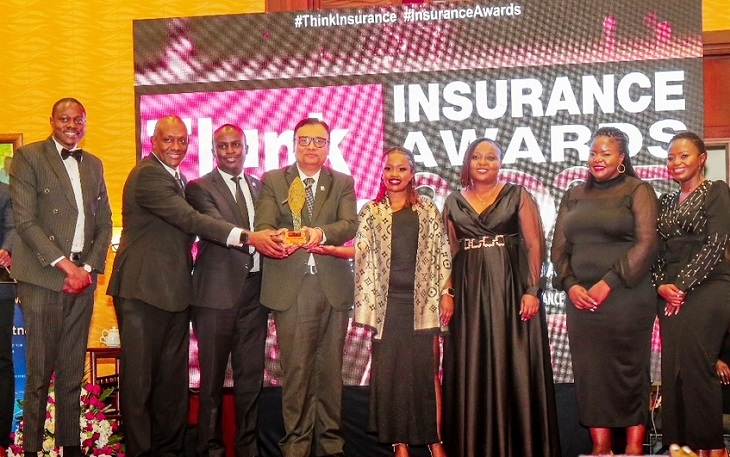Africa is a sleeping giant in renewable energy potential, with only seven percent of its vast geothermal, wind, and solar energy potential currently being used. This is despite a huge percentage of the population (4 out of 5) yet to be connected to a power grid. It also lags behind the globe when it comes to the adoption of renewable energy, despite hosting immense green energy potential.
Enzi Ijayo, a continental think tank on matters of green energy has vowed to fill the void by launching the initiative at the inaugural Africa Climate Summit opening today in Nairobi to September 6.
The lobby seeks to foster partnerships and support towards growing investments in green energy solutions that provide a sustainable path towards greening Africa’s economic development.
According to the Enzi Ijayo Director, Charles Wanguhu the initiative seeks to foster energy transition policies and solutions that are inclusive, equitable, accountable, and contribute to socio-economic development in Africa.
“Enzi Ijayo will not only conduct action-oriented research on context-appropriate policies and community-led solutions for energy transition but will also convene and work with key actors in the energy eco-system to provide evidence-centred solutions and advocate for progressive policy,” he said.
Such solutions, he added, are expected to provide actionable outcomes to push Africa to connect its people to the green power grid at the time studies forecast that just above half a billion Africans will remain unconnected in 2030.
A survey by Enzi Ijayo has outlined basic challenges hurting the continent’s energy sector, including low access rate, heavy reliance on expensive thermal plants, and the region’s vulnerability to fluctuations in global fuel prices, making it susceptible to economic instability.
Africa requires close to $700 billion a year in investment to respond to these challenges, even as countries are simultaneously trying to support rising energy demand and to do so reliably, affordably, and securely.
To realize this, Enzi Ijayo insists that the government must set up an enabling policy environment that promotes renewable energy, investment, and infrastructure development.
“These should include clear targets, financial incentives, and streamlined regulations. Additionally, fostering innovation and supporting research in renewable technologies is crucial,” Wanguhu said.
It adds that Africa can transform its energy utility companies into successful entities by creating separate entities for household, commercial, and industrial power, increasing investments in infrastructure, and accessibility, enhancing grid reliability, reducing transmission losses, and investing in smart grid technologies.
According to the report, utilizing public-private partnerships and green bonds or blended finance can increase global funds for renewable energy development in Sub-Saharan Africa, unlocking the region’s potential for sustainable energy production and promoting socio-economic advancements.
These measures are likely to see Africa scratch a sizable share of its vast renewable energy potential which is 39 per more than any other continent.
Statistics show that Africa has an almost unlimited potential for solar capacity (10 TW), abundant hydro (350 GW), wind (110 GW), and geothermal energy sources (15 GW).
The International Renewable Energy Agency (IRENA) estimates that renewable energy capacity in Africa could reach 310 GW by 2030; which would put the continent at the forefront of renewable energy generation globally.
Some countries like Kenya are already ahead of the pack in harnessing renewable energy potential, with 86 percent of its power mix being green.
At the same time, the African Green Minerals Strategy is out for public consultation, validation and input










